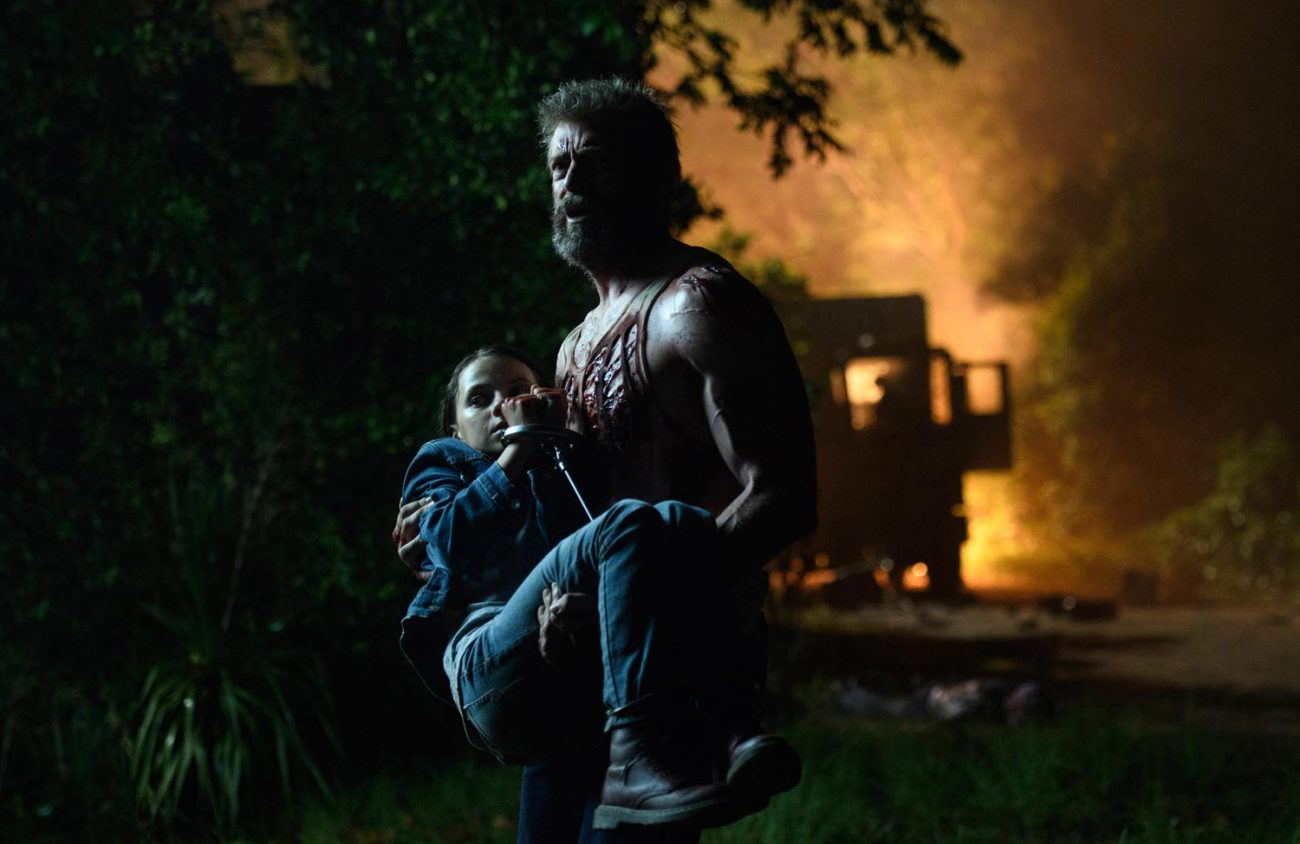If you’ve seen either of the previous Wolverine movies, you may harbor some entirely understandable skepticism about why the grumpy mutant needs a third solo outing. 2009’s X-Men Origins: Wolverine is mostly infamous for being the movie that sewed Deadpool’s mouth shut. 2013’s The Wolverine was better, but still a far cry from great.
It’s not like the X-Men universe lacks for other stories to tell. On the other hand, Hugh Jackman’s Wolverine was such a fantastic part of the early-oughts X-Men movies that it only makes sense to give him one more go. Wolverine isn’t meant to age, so it’s not a part an actor can play indefinitely without it’s becoming another case of creepy-face CGI wizardry.
So what’s up with Logan’s Wolverine, who’s clearly aging? We never really know; Logan himself has a theory, but there’s no evidence he’s correct. It’s another symbol of a world gone haywire since we last saw these characters (chronologically speaking: forget for now about their younger versions in the McAvoy/Fassbender films).
Logan’s future is slightly dystopic and slightly, well, “normal,” for our current variety of normal. In 2029, Logan isn’t what he used to be. Neither is Charles Xavier (Patrick Stewart), whom Logan has hidden south of the border, where he’s looked after by a pale mutant named Caliban (Stephen Merchant). Logan works as a chauffeur, which is a neatly effective way to illustrate how some things haven’t changed in 12 years: People still get drunk in the back of huge cars, providing a slice-of-life montage that’s in drastic contrast with Logan’s existence. There are no more mutants, just this little trio, tucked away in the dust.
When a woman shows up begging Logan for help — she needs to get a fiercely quiet girl named Laura (Dafne Keen) to safety, and there’s an evil, drawling Draco Malfoy lookalike on her tail — this existence, paltry as it may be, shatters.
To say much about the resulting plot could easily be considered spoilers, but Logan isn’t really about the plot, which is sprinkled with clichés and moments of sloppy writing. But when you’re watching, those feel like nitpicks. The action sequences are stellar, the fights bloody and affecting (watch how Laura uses her smaller size as a weapon).
What drives the story is the relationship between worn-out Logan and aged, brittle, heartbroken Charles. Laura sits on the fringes of the action, telepathically communicating with Charles, her eyes locked on Logan for reasons the film slowly makes clear.
Mangold, Frank and third co-writer Michael Green keep their focus on character and atmosphere. Logan is a Western, a road-trip movie, a found-family story and a distressingly timely tale about oppression and bigotry. It’s nothing new for X-Men stories to be about serious topics, but as writers have pointed out for years, the series often puts straight white male characters at the center of its allegory about marginalization and discrimination.
Logan manages to be about Logan and Charles while simultaneously building a mutant world with broader representation. It’s a bloody, crushing battle to get there, but there could be a better future. (Cinemark 17, Regal Valley River)
